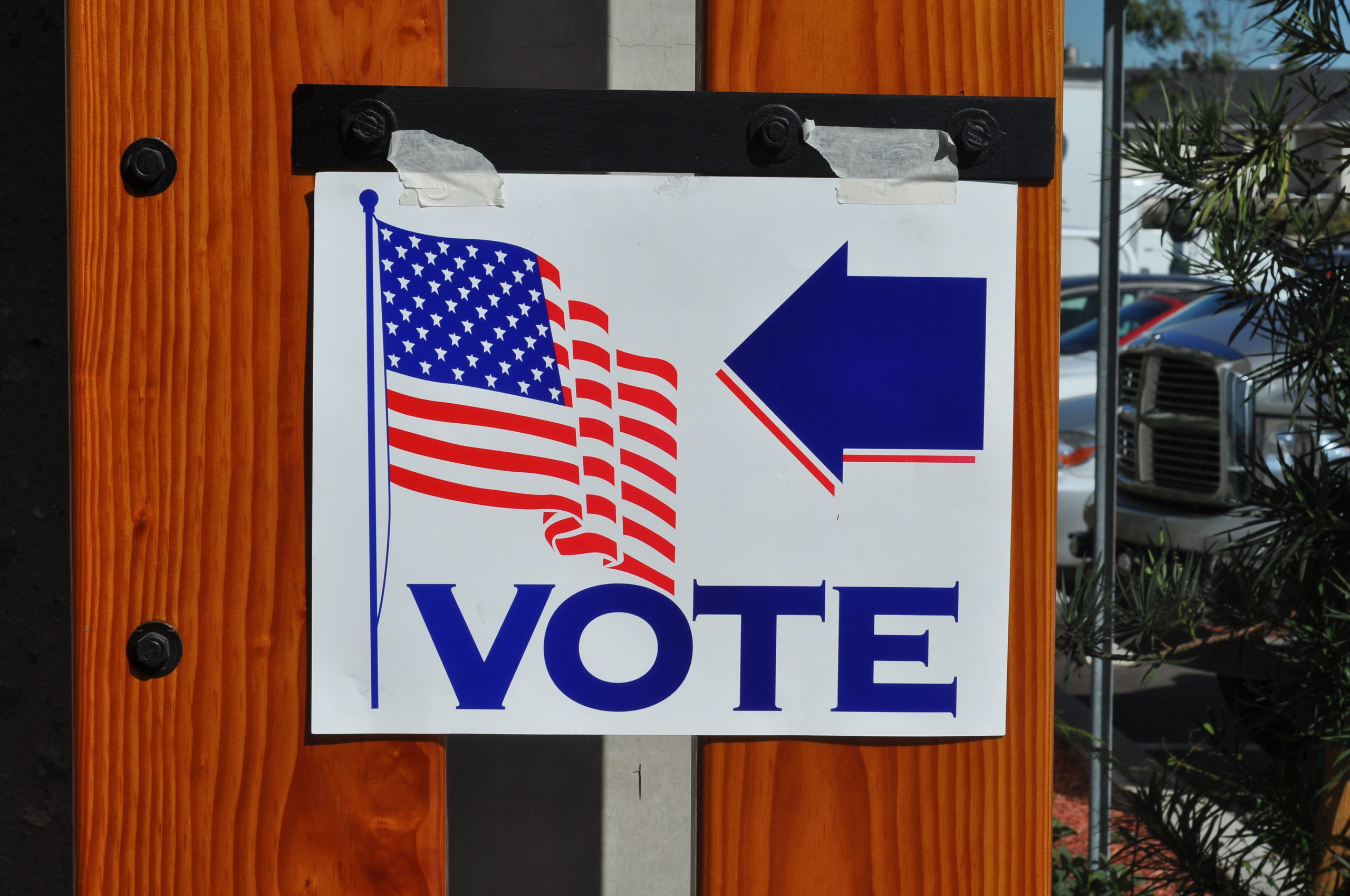When you vote on Tuesday—or anytime before, since Michigan already allows that—you’ll find three proposals on the back of your ballot. You’ve seen them flashed on your televisions and social media feeds since September, or perhaps earlier. Proposal 3, which seeks to liberalize Michigan’s abortion laws, has received the most limelight. Proposal 1 fiddles with legislative term limits and financial disclosures. Yet Proposal 2, which may seem to some as a “sure, why not?” administrative change, may impose burdens on small Michigan towns that also deserve to be highlighted.
If adopted, Proposal 2 would require all municipalities to offer nine days of in-person, early voting prior to Election Day. Every township, every city, would have to staff precincts with poll workers and supply them accordingly, from Detroit to tiny Pointe Aux Barques Township (population: 17). Though it’s possible that our state’s smallest municipalities could receive support from its county, someone is bound to foot the bill in the end. Whether it’s at the municipality or county level—or if the state provides grants to small towns—the taxpayer will pay for this expansion.
Needless to say, many local clerks are nervous about this proposal. Small towns will be disproportionately saddled by the burdens that Proposal 2 introduces. This isn’t necessarily surprising, considering the fact that geographic narcissism and metropolitan bias already impact our state. Rural Michigan may again be the victim of metropolitans’ pie-in-the-sky aspirations in this instance.
The cost of staffing polling sites for more than a week of early voting is not the only tab that Proposal 2 leaves taxpayers to pick up. The Michigan Department of State will cover the cost of postage for absentee ballot applications, and the absentee ballots themselves, to the tune of $15.7 million per election. Where else could taxpayer funds go? Maybe parks and naturespace development, social services for the underserved, and better training and equipment for law enforcement and fire. Or, simply not increasing government spending during one of the nation’s worst periods of inflation and wallet pain. Pick your poison.
One is left to ask what a costly early voting scheme adds to our representative democracy. The state of Michigan presently has universally available absentee voting, not to mention traditional precinct voting on election day. This approach worked well even during the 2020-21 COVID elections. Additional early voting days may do nothing to boost turnout: they simply encourage people to vote early. Those voters who weren’t planning to vote don’t seem to be any more likely to vote even if their state offers early voting. Some studies even indicate that early voting does the opposite: it may reduce election turnout. As we dedicate ourselves to the possible fate of early voting, it would be nice to have a preponderance of evidence that it is effective in improving voter turnout. And yet, that evidence is not forthcoming.
Proposal 2 also allows municipalities to accept donations from private sources to run their elections. So my concerns about additional taxes may be unfounded, if handy-dandy billionaires step up and foot the bill. Of course, one shouldn’t be concerned. Billionaires always have our best interests in mind, right?
What is there to gain from this change? Though its intentions may be admirable, its effects are either detrimental or untested. The bottom line is clear: Proposal 2 offers a change to Michigan’s constitution that puts a strain on our wallets, entertains an unproven theory of boosting turnout, and legitimizes dubious sources to fund the most sacred of democratic rituals. Because of these factors, I encourage you to vote no on Proposal 2.
